European Union University Application Consulting
Our students go to Bocconi, SciencesPo, École Polytechnique and other TOP EU universities.



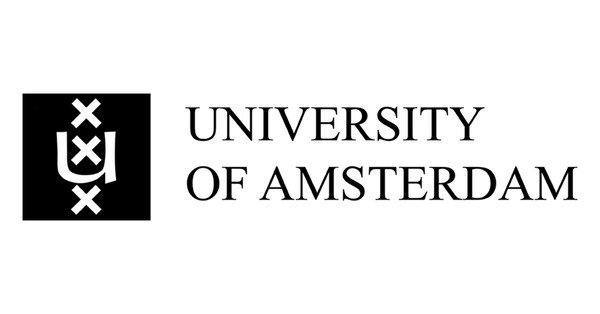
The course will cover attractive undergraduate study opportunities at the best universities in France (Sciences Po and École Polytechnique), the Netherlands (University of Amsterdam, TU Delft, Erasmus Rotterdam University, Maastricht University, etc.), Belgium (KU Leuven, etc.), Spain (IE Business School), Italy (Bocconi), and Denmark (Copenhagen Business School). Each school’s admissions process and requirements will be carefully dissected, and candidates will be provided with insights from past applicant cohorts, tips and resources to craft a successful application to each program they desire.
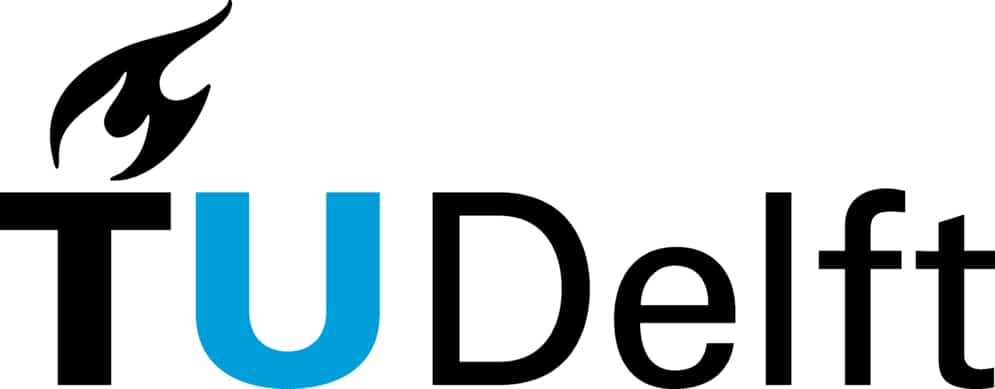
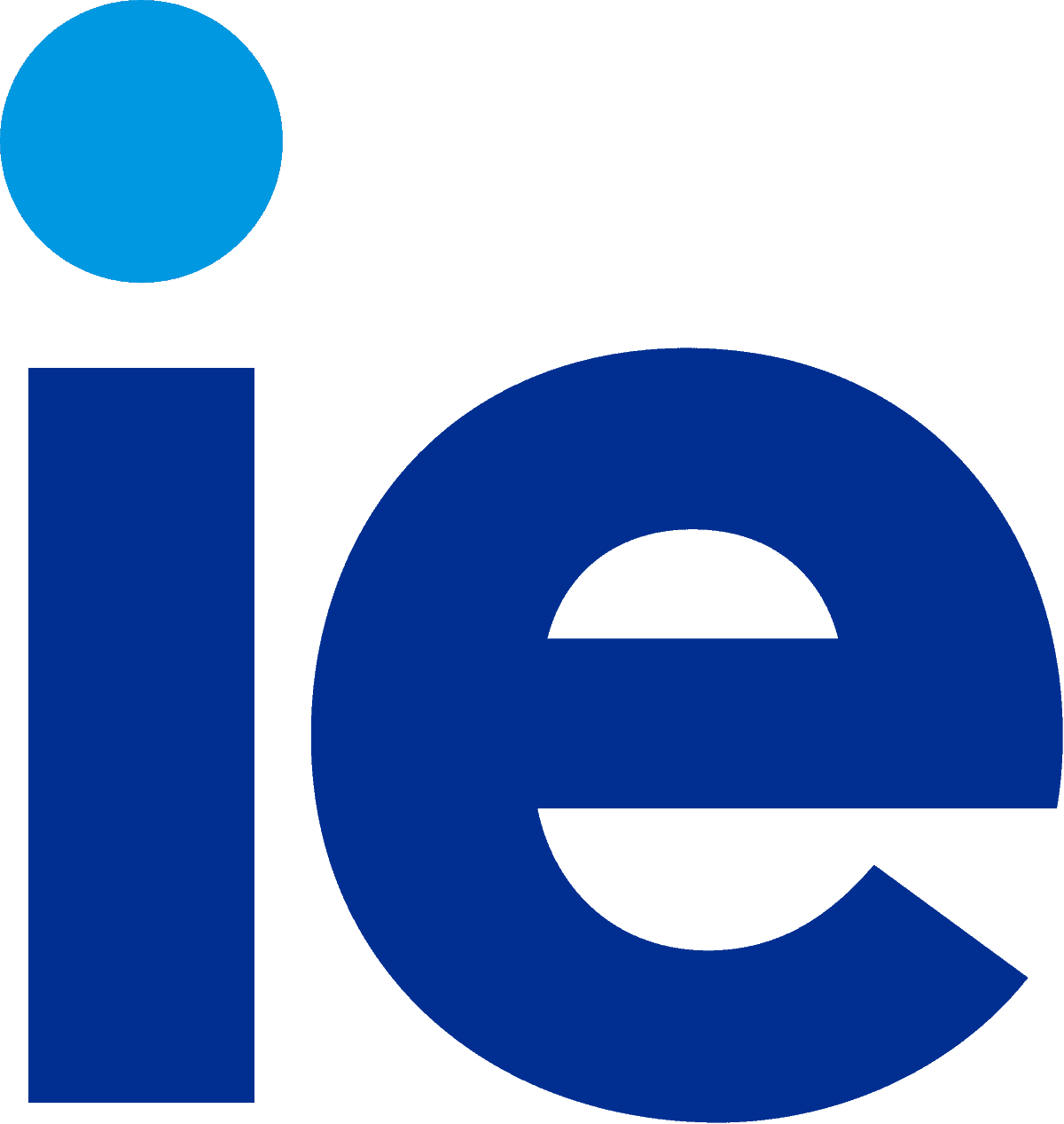
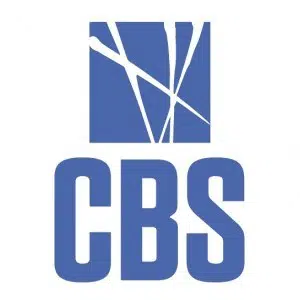
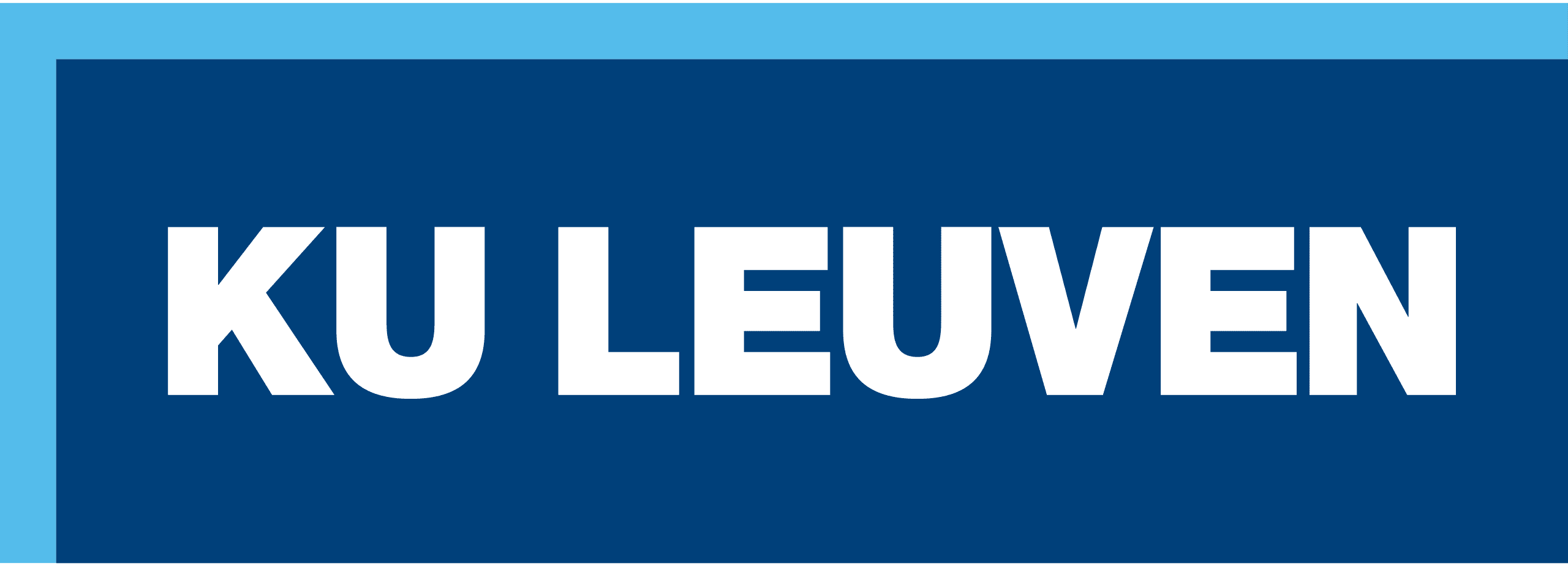
Like their American and British counterparts, European universities look for well-rounded students who not only excel in their academic and extracurricular pursuits. Naturally, given the vast range of countries and university programs covered in the category, the admissions requirements and process will differ for each institution of higher education. For example, Bocconi will ask candidates to take either their own proprietary admissions test or the SAT, École Polytechnique and SciencesPo will conduct rigorous interviews, while certain selective programs like Amsterdam University's PPLE will kick off the application process much earlier than other programs within the same university or most other European universities, for that matter. Hence, depending on the student's interests, it's good to explore programs and make a preliminary list as early as possible, in order to have a good understanding of the timeline and requirements the applicant is expected to meet.
As opposed to application processes in the United Kingdom, where proof of language proficiency is a universal requirement, not all European institutions of higher education ask for English language tests. However, some do, and chances are good that, in a well-diversified list of target universities, the applicant will have at least a few that require IELTS/TOEFL. In addition, if the candidate is also applying to Americana and British universities, a good IELTS/TOEFL will help their chances. As a result, at Atlas we recommend that students take either the IELTS or the TOEFL exam as early as possible, with the aim to attain a score of 100 in TOEFL or IELTS 7, or higher.
The personal statement is a requirement for most European universities and study programs. While they might slightly vary, personal statements to each school will usually be highly similar. Moreover, many competing students have top grades, extracurricular achievements, etc., and personal statements and other essays prove the ultimate differentiating factor by allowing each student to tell their unique tale. The most successful pieces are often very creative and incredibly well-written. Atlas mentors help the students refine their writing skills and produce genuine works of art.
Most European universities ask for one or two teacher recommendations. It is advised to ask for a recommendation from a teacher who teaches a subject relevant to the student's chosen study and career path, and can speak to the student's achievements and personal qualities observed over a lengthy period of time. It is also good practice to inform recommenders about needing a reference letter at least a month in advance and to assist them in this journey by providing examples and the student's CV that sheds more light on each activity the student is involved in, the accomplishments they have in the teacher's class, and more.
Although the deadlines to submit applications vary depending on the applicant’s choice of universities, study programs and admissions stages (some universities have as many as three distinct application stages starting at different periods throughout the year), for most schools, the application itself, teacher recommendations, standardized test scores, and other documents need to be submitted by the end of March at the latest.
Like in the United States, financial aid applications in European schools usually come last in the process. Financial aid availability and sources also significantly vary for each country. While some universities will automatically consider students for tuition discounts based on the strength of their application, others will ask for additional forms. There are also many government-sponsored schemes, like the CROUS or CAF in France, Huurtoeslag in the Netherlands, and many others. It is important to identify these programs early and submit applications on time, since many students are eligible, and receiving these scholarships can have a material impact on one's quality of life.
Atlas mentors will introduce students to top French, Dutch, Italian, Spanish and Danish universities, their experience of applying and studying there. They will also share insider tips and give students the tools to succeed in the selection process.
Students will be taught an extensive personal statement-application essay writing course, incorporating the use of AI-powered tools, examples of the best personal statements over the years, and a discussion of common mistakes and best practices.
Atlas mentors will work with the student and their teachers, providing guidance and templates, to ensure that reference letters meet the expectations of highly selective universities and only add to the strength of the application.
Atlas mentors will provide students with guidance on crafting a stellar resume, creating a LinkedIn profile, identifying companies and professionals of interest, and landing high-powered internships and work shadowing experiences. They will further help demonstrate the student's interest and advanced knowledge in their field.
Students will be introduced to a range of summer programs available at universities in the United States and Europe, some of them fully funded by the universities themselves, which are not only excellent learning opportunities but also great boosters of college applications.
Some European universities require candidates to undergo admissions interviews. Atlas mentors, who themselves went through the process, will help applicants prepare for the interviews via guidance and simulations, empowering their students to shine.
Most of the schools on the Atlas list are not only leaders in higher education, but also offer generous scholarships and other financing options to reduce study costs. However, Atlas mentors have researched and will introduce alternative funding sources, and external scholarships.
In every aforementioned step, Atlas mentors bring the latest insights and research from various publications, as well as conversations with direct contacts in university admissions offices, to the table, and ensure that the application will be well-received.
The EU university package will introduce students to some of the finest study options in Western and Northern Europe, and will endow them with the knowledge and the resources to craft successful applications. It will also improve their critical thinking, research, English writing and speaking skills in the process, inform their study and career choice decisions.
The student will be first matched with a mentor who best fits their profile. The theoretical part of the course may be conducted individually or in a small group of up to 5 students via Google Meets or some other video conferencing platform of choice. The student will then coordinate individual meeting times with the mentor and proceed with the consultations, during which they will put into practice the learnings from the theoretical while part working on the student's application.
Before and after certain lessons, the students will receive handouts summarizing and expanding on the discussions during the lesson. They will help the students recall and build on what they have learned once the course has concluded.
Students and their parents will be able to contact the mentor teaching the course, as well as the wider Atlas team, at any point. The course materials, as well as any other communication relating to the course, will also be conveyed over email.
Provide your contact details and tell us a little about yourself.
Wait until we reach out and schedule a free consultation.
Let’s start working on your application together.
